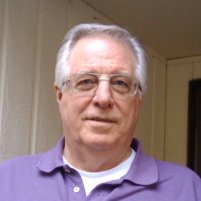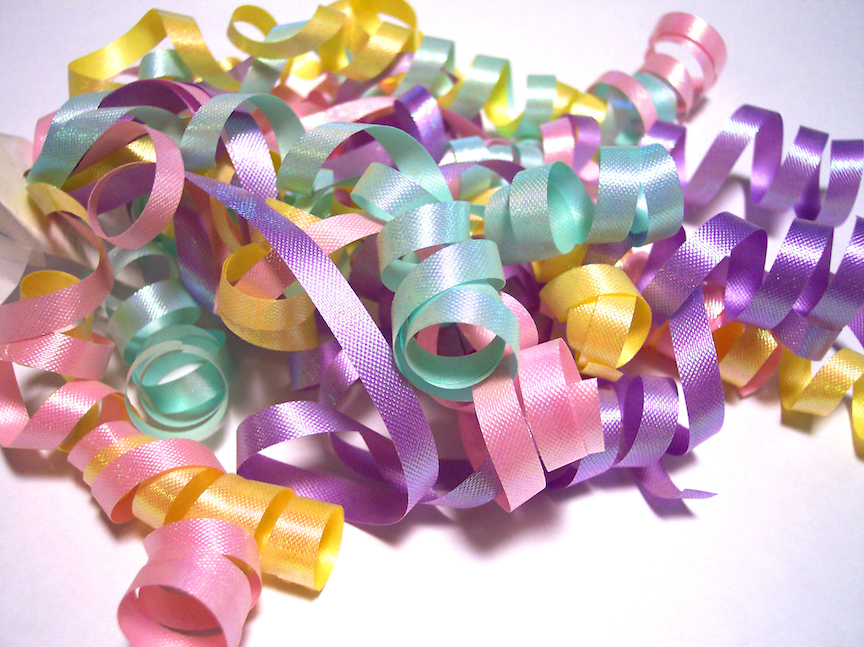
When I was told that I would be going on the machine at the same age that my dad did, I took that as a challenge and did all that I could to lengthen the time I had before starting dialysis. I beat it by five years, beginning to dialyze at age 54. I began dialysis in May of 2001. Even though I had watched my dad dialyze, I still had no idea of what it would be like, or what would be happening to me, and I was scared. As I faced this, I had to ask questions and listened to the techs and nurses and it became more comfortable. After I was in a routine, I approached it as my part-time job and that made the time I spent dialyzing easier.
While there, I saw other patients, the ones that feel there is no way out or no hope and that no one cares. You could look into their eyes and it was as if there was no one inside. I told myself that I had to do something about this, so I started saying “Good Morning” to them. It woke them up to the fact that someone noticed them. As I kept doing this, they would wait for me to show up and greet them, but they would not respond to me at all.
About 9 months later, I had my right kidney removed and wasn’t at the kidney center for about a week. Upon my return they all wanted to know where I had been and what had happened. They all said they had missed me, and it was at that moment I realized that I had made a difference and that they felt alive again and someone cared.
After dialyzing for a little more than a year, my youngest daughter, who was 31 at the time, came to me and told me that she wanted to giv4e me a kidney. At first I told her no; she might need both her kidneys some day, and I would feel terrible about that, because I knew what it is like to dialyze for 4 hours, 3 days a week.
She said she had thought about that, and she still wanted to do this, so I told her to talk to the UW transplant coordinator and find out what she had to say, then we could talk about it more. She did all that and came and told me she still wanted to go ahead with the testing, to see if we were compatible for transplant. I asked her why she was so bent on doing this, and she said that she didn’t want to see me go through what my dad had gone through and that she also wanted me to be able to do all the things that I wanted to do, eat and drink what I wanted to, and in essence, to give me the chance to live my life as normally as possible.
I thought that the chances of us matching were not all that good, and I could thank her and she would keep both her kidneys and I could wait for a kidney from the UW and all would be good. Well, as things turned out, we were a very good match and I had to rethink the whole process and sit down with myself and respect the gift my daughter wanted to give me, and the love and determination with which she was giving it. On December 31, 2003 I was transplanted, and since then my daughter has healed up fine and doing well, as am I. We have never been closer, and each day, I thank God and her for the new beginning.
At one point, my grandparents had a dialysis machine in their home, and my grandfather would dialyze there, in the back bedroom, but still, it didn’t seem to be a hard thing to do, for them. My grandma would get him on and off the machine with (it seemed) ease. Once my grandpa passed away, I really didn’t think more of it; but I was aware that my father and his two brothers had the disease as well.My dad’s youngest brother was on a transplant list first. At the time, my dad was handling his disease well, so I talked with my aunt about being a possible match for my uncle. Unfortunately, I was not the correct blood type. It wasn’t until later, when my dad began to start showing the effects of PKD that I started to worry. It all seemed to come on quickly. I knew I didn’t have the disease, although my sister and her youngest daughter did.
At first, my dad didn’t want me to donate my kidney to him. We all watched as he got sicker and less tolerant of the effects of the disease. It wasn’t until Father’s Day of 2002 that he finally gave me the number to the University of Washington Transplant Program, so I could talk to them about donating a kidney.
I had questions that I needed answers for. I contacted them and they sent me a package of information and forms to fill out, should I decide to go ahead with the process. I proceeded without hesitation. In August of 2002, I received a call from the UW, that they wanted to start some testing with me to see if I was a match with my dad. However, the next Saturday morning, I found I was pregnant. I was both thrilled with the news of my pregnancy, yet heart broken that my dad would have to wait even longer now, unless there was another kidney match for him.
The University Transplant Committee held onto my information, and we started the process again in October of 2003. I was then living in Japan, and some of the testing was performed there on our military base. We had plans to come home for Christmas, and so the transplant was tentatively scheduled for the end of December, 2003, as long as all the tests came back as a match, and I was a good donor for my dad. We arrived back home on December 12, and had doctor appointments nearly every day. Everything came back positive, and the transplant was performed on December 31, 2003.
My recovery was quick, and I have had no complications. The Joy in all of this is seeing my dad; healthy, happy, and having a quality of life with his wife, children and grandchildren. I have been called a hero, a blessing, and what a special gift I gave, but I feel none of that. I feel nothing but thankfulness, when I see my dad eating drinking and having energy once more.…
A Daughter’s Gift: Don Chriscaden and Janette Hasse

